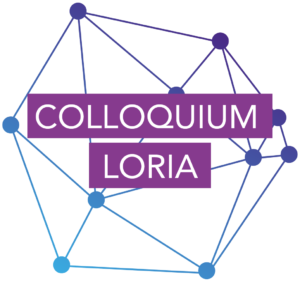Soutenance de thèse de Ala Eddine LAOUIR
Ala Eddine LAOUIR défendra sa thèse intitulée Privacy-Preserving Multidimensional Data Analysis: Query Answering and Data Publication under Differential Privacy. La soutenance aura lieu le 26 Novembre à 10h en salle c005. La présentation sera en Anglais. Elle sera suivie d'un pot à 13h Résumé : Aujourd’hui, de nombreux services numériques collectent des données sensibles, […]


